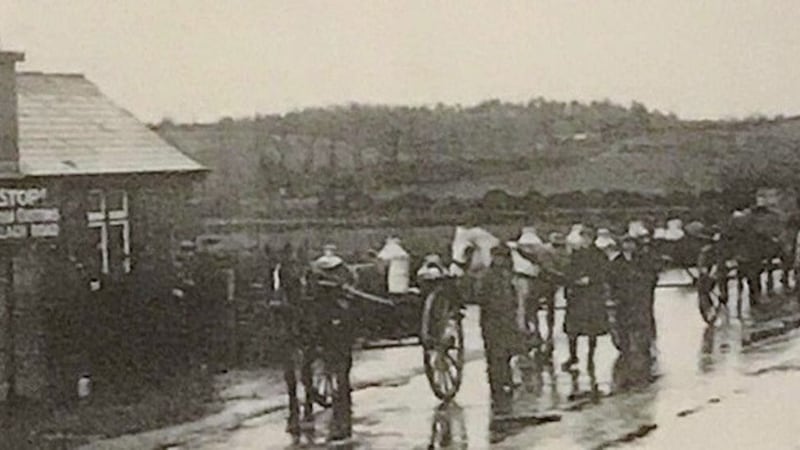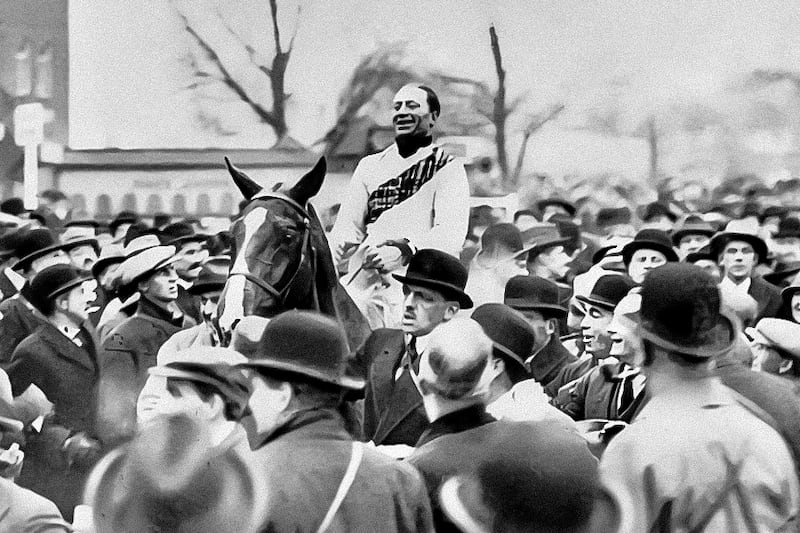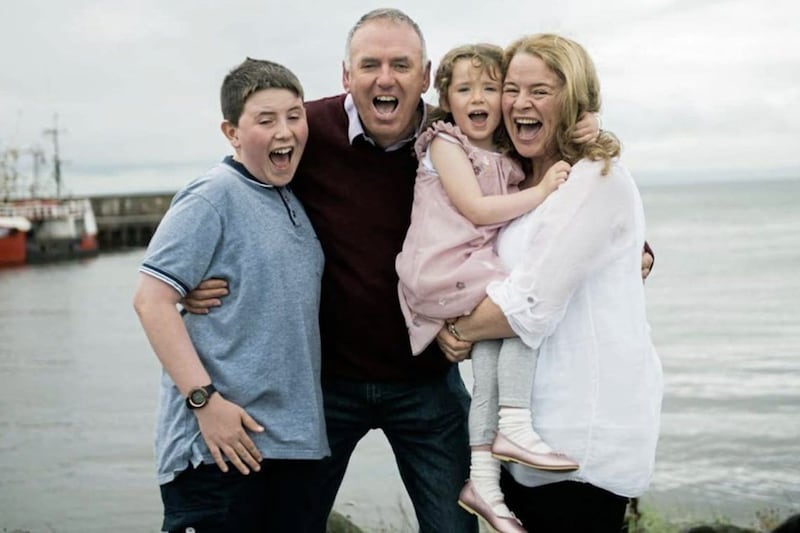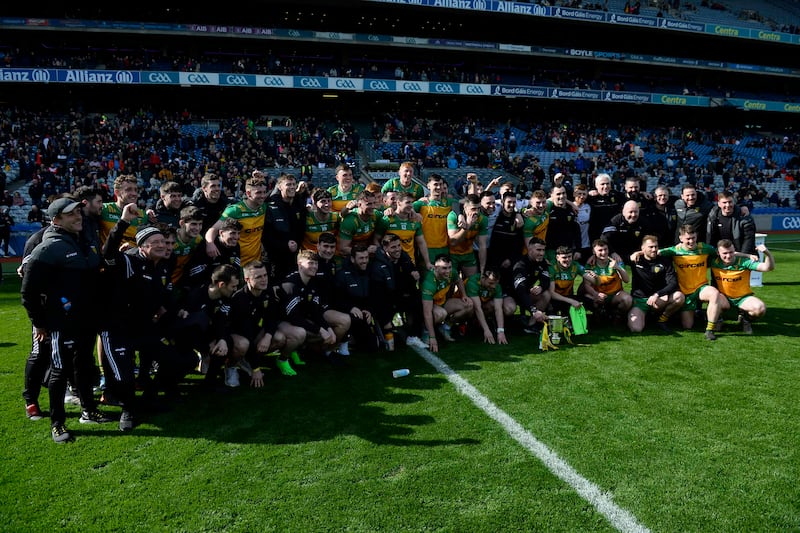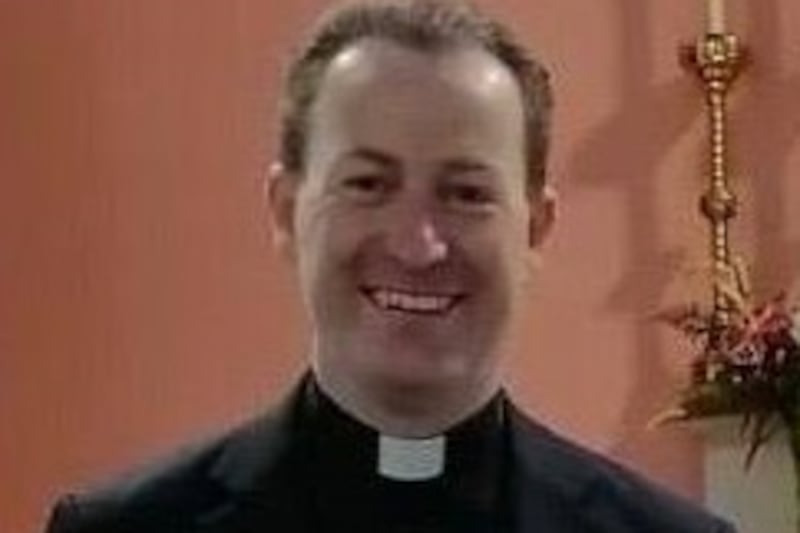Protestants and unionists living in Co Donegal felt betrayed by partition in 1921, according to former DUP assembly member, Maurice Devenney.
A native of east Donegal, Mr Devenney is a DUP councillor on Derry City and Strabane District Council. He said his grandparents and their friends believed they had been “sold down the river” by partition because it split the unionist community.
East Donegal has always had a large Protestant population. Unlike other areas in the Republic, Donegal still has strong links with northern unionism. There are still Orange Halls in the Lagan Valley area of east Donegal while the Order traditionally holds a July 12 parade in Rossnowlagh on the Saturday before the main demonstration in Northern Ireland.
Mr Devenney said that to many Protestant families in the area, partition was still “raw” as it cut them off from their co-religionists in the north.
“I believe they (Donegal Protestants) felt they were let down, sold down the river. Growing up, I would have heard older people saying they were sacrificed by partition. At the time, they felt they were split from the Protestant and unionist family.
“Even now, when I was City Grand Master of the City Grand Lodge of Londonderry, it was always a point of discussion; it’s still raw,” the DUP councillor said.
Mr Devenney said partition left unionists living in east Donegal to the mercies of the IRA at the time, forcing many to move into Northern Ireland or to Britain.
“It (the Free State) was a cold place for Protestants. They were demonised, burned, shot at and their businesses destroyed. That’s a discussion that has always been needed and now is the time for that discussion.”
Partition also presented serious business problems for farmers living in east Donegal whose main market for the sale of produce was in Derry, Strabane and Tyrone. Overnight, their business access was cut off.
“That was a problem even talked about in my own family,” Mr Devenney said.
Former Ulster Unionist deputy mayor of Derry, Mary Hamilton recalled similar family memories. From just outside Lifford in County Donegal, Mrs Hamilton said her father and uncle never wanted partition.
“They always said they wanted Ireland to remain as one under Britain. After the border, they felt they were forgotten about in Donegal,” she said.
The former UU councillor said unionists suffered physical and political attacks in the years immediately after partition.
“My father and uncle would have talked about the 1920s being hard. People had things thrown through their windows and letterboxes; I suppose you’d call them incendiary devices now.”
Tension always rose around the annual July 12 parades as Orangemen, cut off from their colleagues in Northern Ireland, travelled north to take part in demonstrations.
“I remember hearing that one year a big Tricolour was placed across Lifford Bridge but it was cut down by Orange men travelling to Londonderry or wherever for the Twelfth. Then there were a lot of guards around when they were coming back but there was not trouble,” Mrs Hamilton said.
There were also practical problems as the border closed overnight and anyone who failed to cross back into County Donegal before midnight had to wait until it re-opened the following morning.
“But my father always said our family had a good rapport with our Catholic neighbours; they would have milked our cows on the Twelfth and we would have milked theirs on the 15th (Ancient Order of Hibernians parade),” Mrs Hamilton said.
